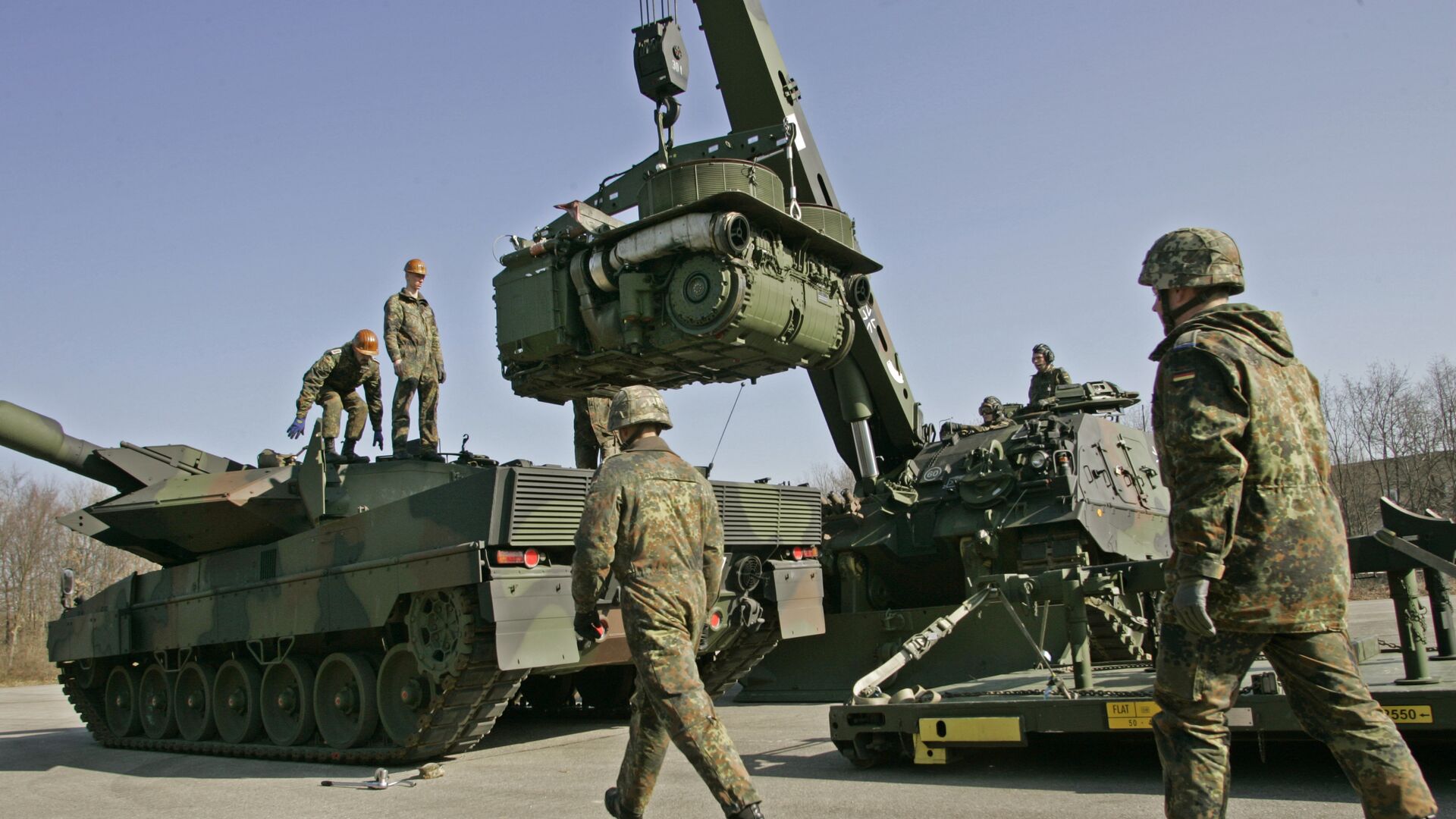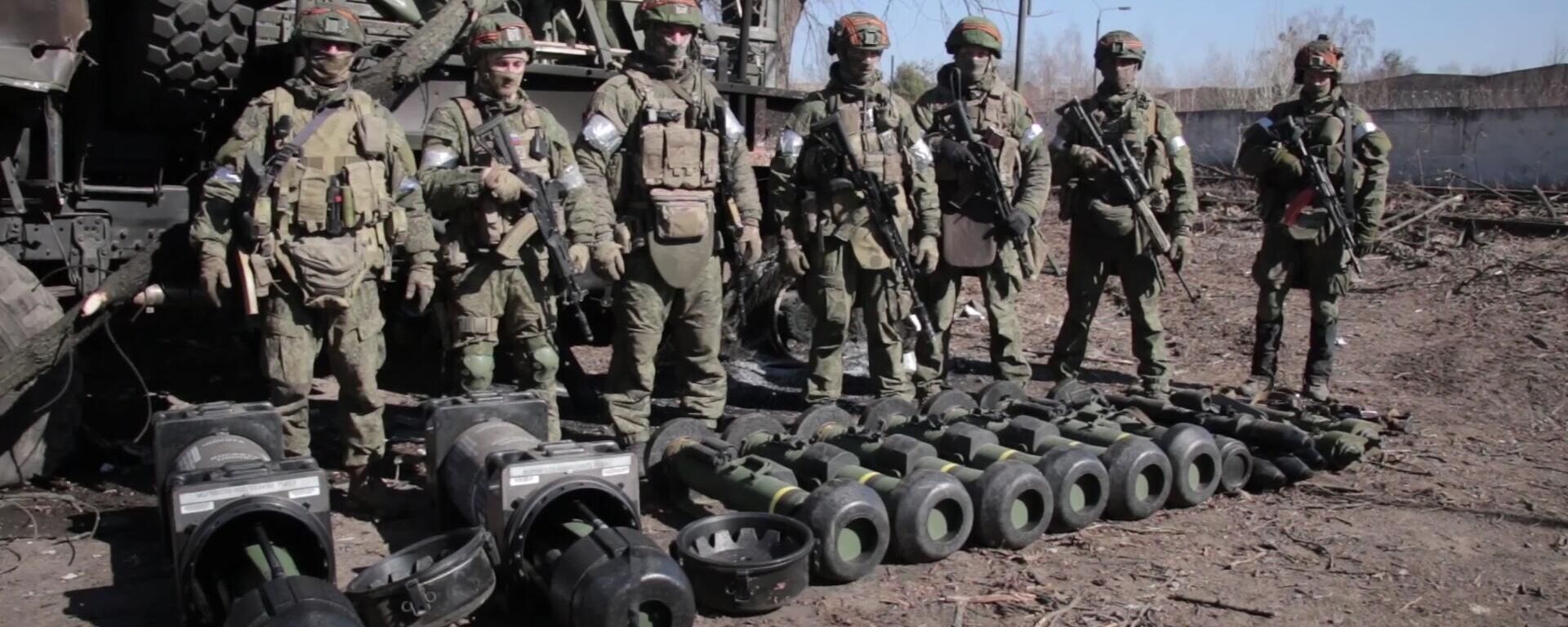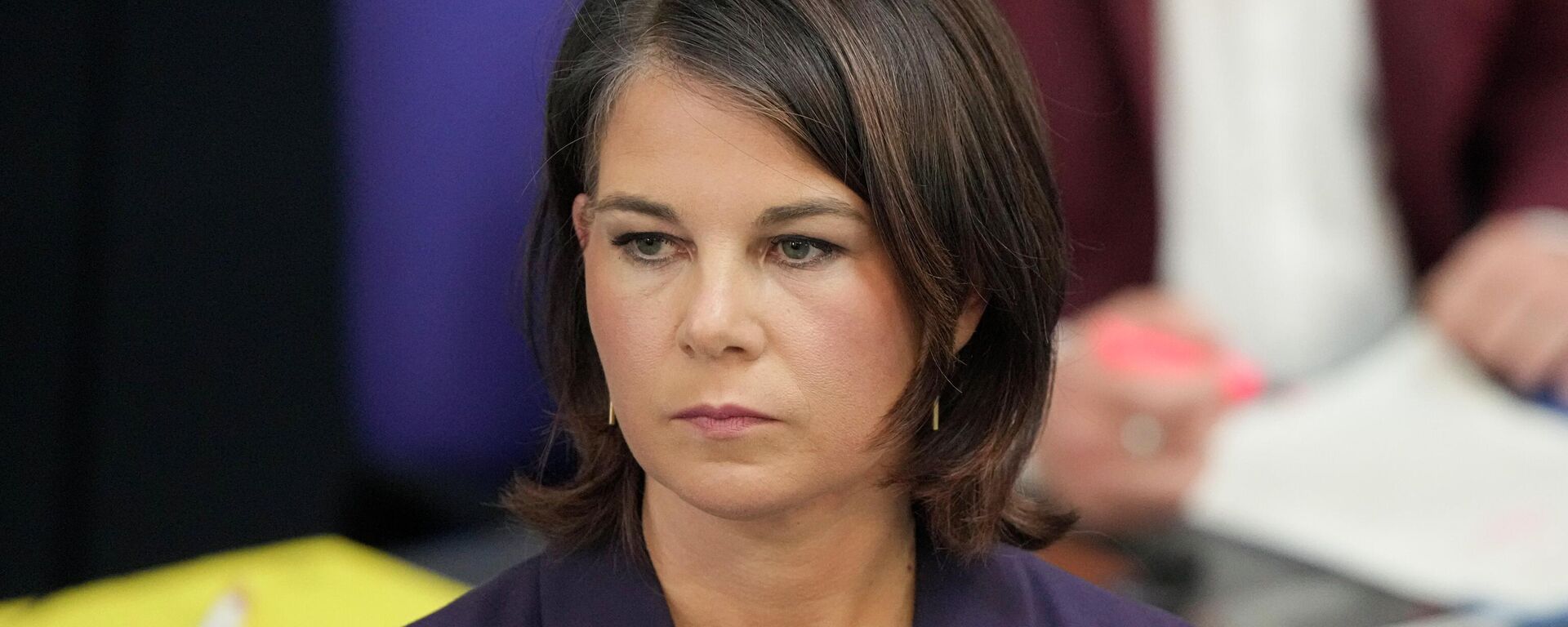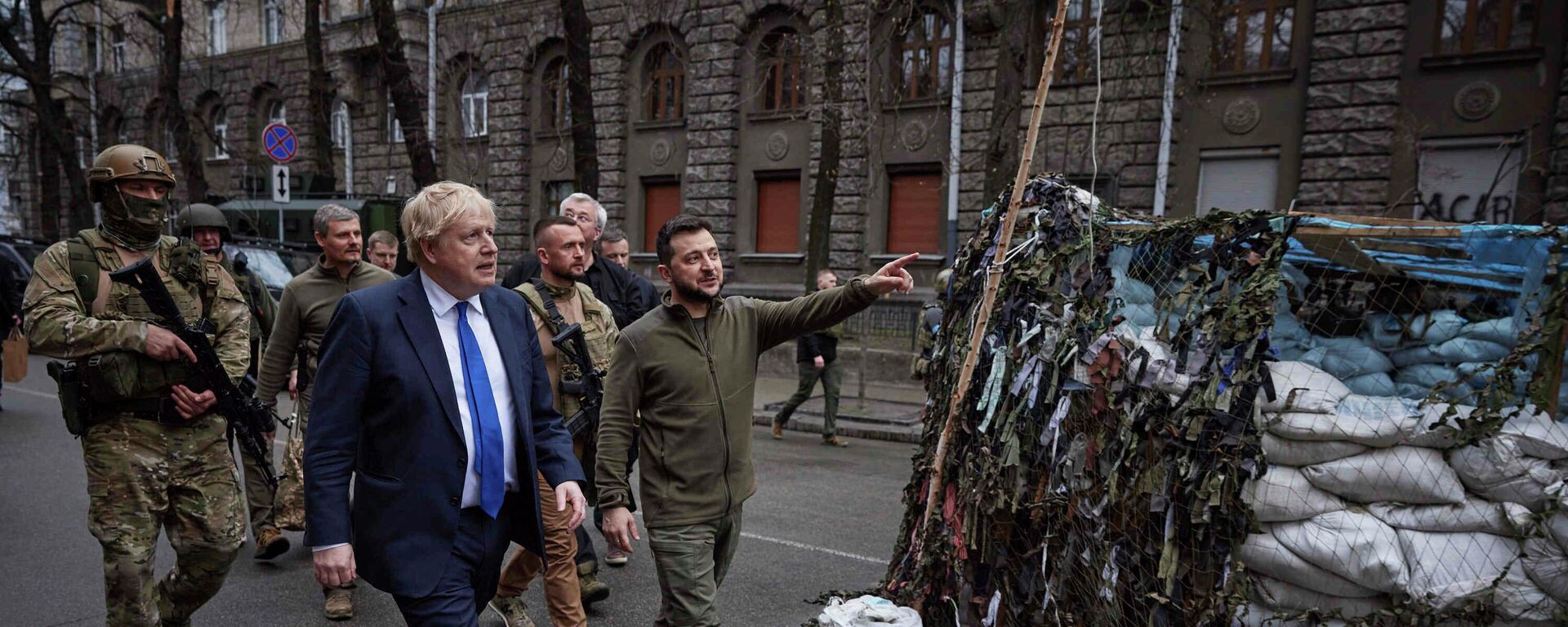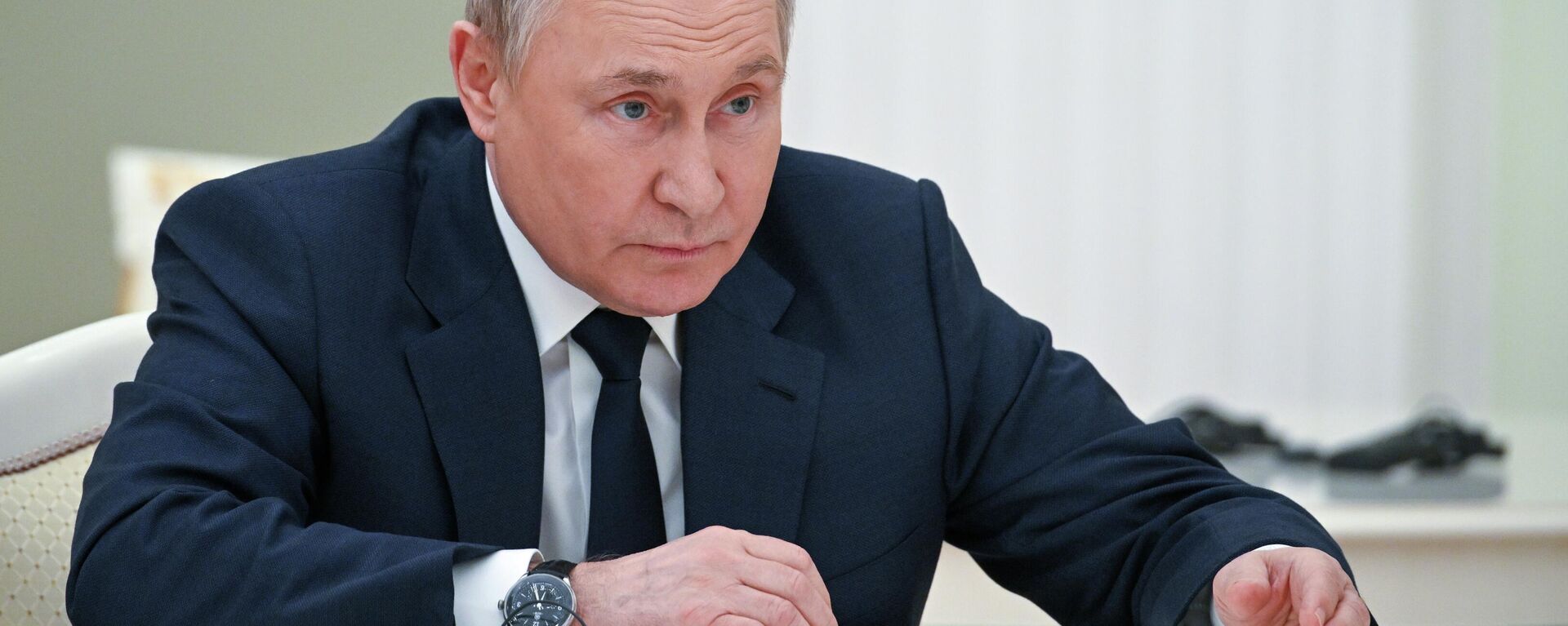https://sputnikglobe.com/20220501/over-123000-sign-open-letter-to-germanys-scholz-warning-of-specter-of-third-world-war-1095186110.html
Over 123,000 Sign Open Letter to Germany’s Scholz Warning of Spectre of Third World War
Over 123,000 Sign Open Letter to Germany’s Scholz Warning of Spectre of Third World War
Sputnik International
The Bundestag greenlit the delivery of heavy weapons to Ukraine on Thursday after weeks of vacillation and growing pressure from the US and other NATO allies... 01.05.2022, Sputnik International
2022-05-01T16:02+0000
2022-05-01T16:02+0000
2022-05-01T16:17+0000
ukraine
germany
weapons
arms
heavy weapons
olaf scholz
https://cdn1.img.sputnikglobe.com/img/105281/47/1052814759_0:0:3505:1972_1920x0_80_0_0_e7a39e35eab2bff470a97970c5f4570a.jpg
More than 123,000 people have signed a Change.org petition endorsing a letter to Chancellor Olaf Scholz penned by 28 German intellectuals and public figures calling on him to reverse Berlin’s recent change of course on the sending of heavy weaponry to Ukraine.Expressing agreement with the government’s assessment that Russia “violated international law” with its military operation in Ukraine, the appeal stresses that this does not justify the risk of the crisis “escalating into a nuclear conflict”.“The delivery of large quantities of heavy weapons, however, could make Germany itself a party to the conflict. And a Russian counterattack could then trigger the case for assistance under the NATO Treaty and within it the immediate danger of a world war”, the letter warns.The appeal also calls on Scholz and the German government to consider the fate of Ukrainian civilians, fearing that their suffering will only increase if weapons continue to be flooded into the country, prolonging the conflict.The letter, signed by over two dozen German intellectuals, writers, media personalities, and public figures, sparked a debate on policy, with tens of thousands expressing support by signing the Change.org petition, but others criticising it.The letter received heavy flak from Germany’s governing coalition, with Green Party leader Katrin Goring-Eckardt dismissing its message and endorsing the argument put forth by Timothy Snyder, a Yale University professor notorious for his Russophobic work on Russia and the Soviet Union, that peace can only be achieved by “helping the Ukrainians” as much as possible.Free Democratic Party politician Marie-Agnes Strack-Zimmermann – chair of the Bundestag’s defence committee, also slammed the letter, saying the only “possible compromise” relates to the “complete restoration of Ukraine’s territorial integrity”.Die Linke (The Left) lawmaker Sahra Wagenknecht expressed support for the initiative, however, tweeting that calls to prevent a Third World War were “all the more urgent” now in the wake of the Bundestag’s decision Thursday to send heavy weapons.Since late February, Germany has sent Ukraine about 2,500 anti-aircraft missiles, 900 anti-tank missile launchers, heavy machine guns, grenades, mines, and 16 million rounds of ammunition of various calibres.The approval of heavy weapons deliveries may mean the sending of everything from self-propelled howitzers to Leopard main battle tanks and Leopoard-based Flakpanzer Gepard Cheetah anti-aircraft systems. Berlin has already approved the delivery of 50 Gepard Cheetahs to the country. The systems were removed from active duty with the Bundeswehr in the early 2010s.Dusseldorf-based arms maker Rheinmetall has requested permission to deliver some 88 vintage Leopard MBTs to Ukraine, as well as infantry fighting vehicles.The Pentagon praised the German government’s decision on weapons supplies last week. Secretary of Defence Lloyd Austin called Berlin a “great friend and ally to the US” and said that the Western bloc was “all more determined than ever to support Ukraine in fighting Russian aggression and Russian brutality”.In March, Moscow outlined conditions for an end to the Russian military operation in Ukraine. These included recognition by Kiev of Crimea’s status as part of Russia, of the Donbass republics as independent nations, and a guarantee that Ukraine will not join the NATO alliance. Kiev publicly expressed support for the idea in negotiations in late March, but has since wavered. Last week, Russian President Vladimir Putin said Moscow’s goodwill gesture of withdrawing troops from around Kiev and Chernigov to facilitate further talks were met with a horrific “provocation in the settlement of Bucha”, forcing Moscow to “radically” shift its negotiating position.
https://sputnikglobe.com/20220501/russian-onyx-missiles-destroy-warehouse-with-us-and-european-weapons-ammo-near-odessa---mod-1095179207.html
https://sputnikglobe.com/20220501/over-100-demonstrators-attempt-to-disrupt-germanys-baerbocks-presentation-in-ahrensburg---reports-1095175094.html
https://sputnikglobe.com/20220426/russian-mod-warns-of-proportional-response-to-uk-comments-about-kiev-striking-targets-in-russia-1095073149.html
https://sputnikglobe.com/20220426/putin-to-guterres-russia-hopes-agreement-with-ukraine-along-diplomatic-track-possible-1095077796.html
ukraine
germany
Sputnik International
feedback@sputniknews.com
+74956456601
MIA „Rossiya Segodnya“
2022
News
en_EN
Sputnik International
feedback@sputniknews.com
+74956456601
MIA „Rossiya Segodnya“
Sputnik International
feedback@sputniknews.com
+74956456601
MIA „Rossiya Segodnya“
ukraine, germany, weapons, arms, heavy weapons, olaf scholz
ukraine, germany, weapons, arms, heavy weapons, olaf scholz
Over 123,000 Sign Open Letter to Germany’s Scholz Warning of Spectre of Third World War
16:02 GMT 01.05.2022 (Updated: 16:17 GMT 01.05.2022) The Bundestag greenlit the delivery of heavy weapons to Ukraine on Thursday after weeks of vacillation and growing pressure from the US and other NATO allies. The move marked the end of a cross-party policy dating back to 1945 not to send German arms to active conflict zones.
More than 123,000 people have signed a Change.org
petition endorsing a letter to Chancellor Olaf Scholz penned by 28 German intellectuals and public figures calling on him to reverse Berlin’s recent change of course on the sending of heavy weaponry to Ukraine.
“Dear chancellor we appreciate that until now, you have considered the risks so carefully: the risk of the war spreading within Ukraine, the risk of its spread across Europe, and yes, the risk of a Third World War. We therefore hope you will remember your original position and not to supply any more heavy weapons to Ukraine, either directly or indirectly. On the contrary, we urge you to do everything in your power to ensure that a ceasefire is reached as soon as possible - a compromise that both sides can accept”, the letter, originally published in Emma Magazine, reads.
Expressing agreement with the government’s assessment that Russia “violated international law” with its military operation in Ukraine, the appeal stresses that this does not justify the risk of the crisis “escalating into a nuclear conflict”.
“The delivery of large quantities of heavy weapons, however, could make Germany itself a party to the conflict. And a Russian counterattack could then trigger the case for assistance under the NATO Treaty and within it the immediate danger of a world war”, the letter warns.
The appeal also calls on Scholz and the German government to consider the fate of Ukrainian civilians, fearing that their suffering will only increase if weapons continue to be flooded into the country, prolonging the conflict.
The letter, signed by
over two dozen German intellectuals, writers, media personalities, and public figures, sparked a debate on policy, with tens of thousands expressing support by signing the Change.org petition, but others criticising it.
The letter received heavy flak from Germany’s governing coalition, with Green Party leader Katrin Goring-Eckardt dismissing its message and endorsing the argument put forth by Timothy Snyder, a Yale University professor notorious for his
Russophobic work on Russia and the Soviet Union, that peace can only be achieved by “helping the Ukrainians” as much as possible.
Free Democratic Party politician Marie-Agnes Strack-Zimmermann – chair of the Bundestag’s defence committee, also slammed the letter, saying the only “possible compromise” relates to the “complete restoration of Ukraine’s territorial integrity”.
Andriy Melnyk, the long-serving Ukrainian ambassador to Germany whom German officials previously characterised as a difficult-to-deal-with “pain in the a**” and who warned that Kiev may develop nukes if it isn’t incorporated into NATO, also slammed the letter, calling its advice “stupid and immoral” and asking Germans to boycott Emma.
Die Linke (The Left) lawmaker Sahra Wagenknecht expressed support for the initiative, however,
tweeting that calls to prevent a Third World War were “all the more urgent” now in the wake of the Bundestag’s decision Thursday to send heavy weapons.
Since late February, Germany has sent Ukraine about 2,500 anti-aircraft missiles, 900 anti-tank missile launchers, heavy machine guns, grenades, mines, and 16 million rounds of ammunition of various calibres.
The approval of heavy weapons deliveries may mean the sending of everything from
self-propelled howitzers to Leopard main battle tanks and Leopoard-based Flakpanzer Gepard Cheetah anti-aircraft systems. Berlin has already approved the delivery of 50 Gepard Cheetahs to the country. The systems were removed from active duty with the Bundeswehr in the early 2010s.
Dusseldorf-based arms maker Rheinmetall has
requested permission to deliver some 88 vintage Leopard MBTs to Ukraine, as well as infantry fighting vehicles.
The Pentagon praised the German government’s decision on weapons supplies last week. Secretary of Defence Lloyd Austin called Berlin a “great friend and ally to the US” and said that the Western bloc was “all more determined than ever to support Ukraine in fighting Russian aggression and Russian brutality”.
In March, Moscow outlined conditions for an end to the Russian military operation in Ukraine. These included recognition by Kiev of Crimea’s status as part of Russia, of the Donbass republics as independent nations, and a guarantee that Ukraine will not join the NATO alliance. Kiev publicly expressed support for the idea in negotiations in late March, but has since wavered. Last week, Russian President Vladimir Putin said Moscow’s goodwill gesture of withdrawing troops from around Kiev and Chernigov to facilitate further talks were met with a horrific “provocation in the settlement of Bucha”, forcing Moscow to “radically” shift its negotiating position.
